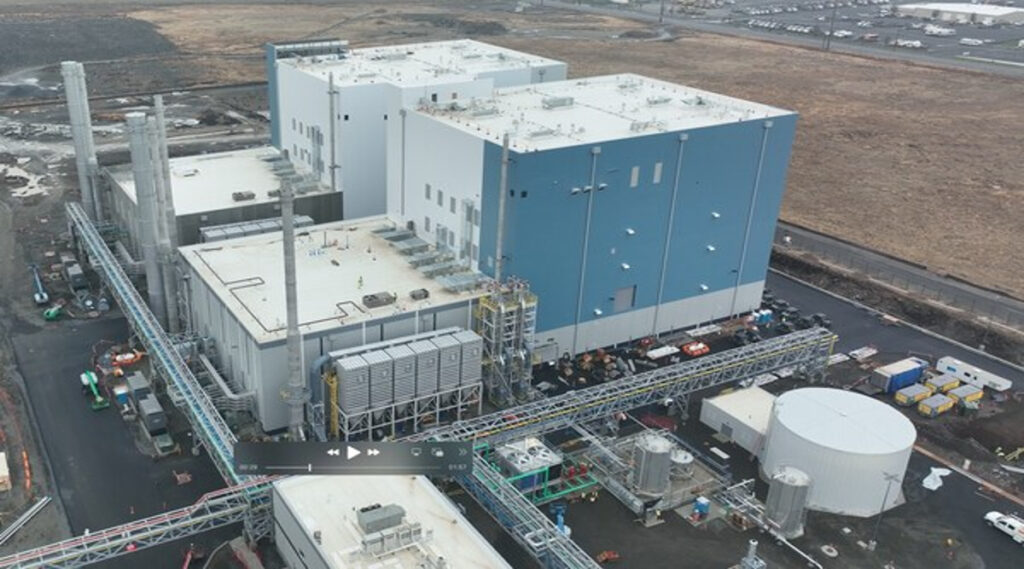Revolutionizing the Energy Industry: Advancements in Renewable Energy Technologies
The quest for sustainable energy solutions has led to a surge in innovative technologies, transforming the way we generate and consume energy. As the world shifts towards a low-carbon future, renewable energy sources have emerged as a beacon of hope. In this article, we’ll delve into the latest advancements in renewable energy technologies, exploring the impact on the industry and the implications for our planet.
### The Rise of Renewable Energy
Renewable energy accounted for 26% of global power generation in 2020, up from 21% in 2010. Solar and wind power have emerged as the leading sources, accounting for 45% and 30% of the total, respectively. This growth is driven by declining costs, improved technology, and government incentives.
### Solar Power: Shining Bright
Solar power has witnessed a remarkable 70% cost reduction over the past decade, making it increasingly competitive with fossil fuels. Advancements in panel efficiency, energy storage, and smart inverters have further enhanced the technology’s viability. Solar power plants are now capable of generating electricity at a cost of $30-40 per megawatt-hour (MWh), down from $600 MWh in 2010.
### Wind Power: Soaring to New Heights
Wind power has also experienced significant cost reductions, with prices decreasing by 64% over the past decade. Larger turbines, improved blade design, and advanced control systems have increased efficiency and reduced costs. Offshore wind farms, in particular, have seen a surge in popularity, with the potential to generate electricity at a cost of $25-40 MWh.
### Energy Storage: Unlocking the Full Potential
Energy storage is critical to mitigating the intermittency of solar and wind power. Advancements in battery technology have driven costs down by 80% over the past decade. Flow batteries, sodium-ion batteries, and other emerging technologies offer promising alternatives to traditional lithium-ion batteries.
### The Future of Energy
As the world continues to transition towards a low-carbon future, renewable energy will play a pivotal role. Governments, corporations, and consumers are driving this transformation through policy initiatives, investments, and lifestyle changes. By 2050, the International Energy Agency (IEA) predicts that 60% of the world’s energy will come from renewable sources.


_2.png?w=150&resize=150,150&ssl=1)
_1.png?w=150&resize=150,150&ssl=1)

_1.png?w=150&resize=150,150&ssl=1)
_1.png?w=150&resize=150,150&ssl=1)
